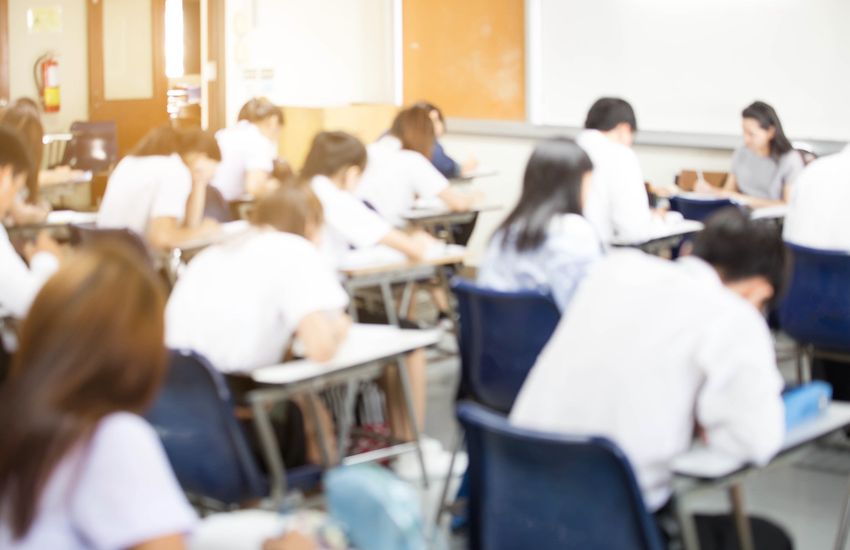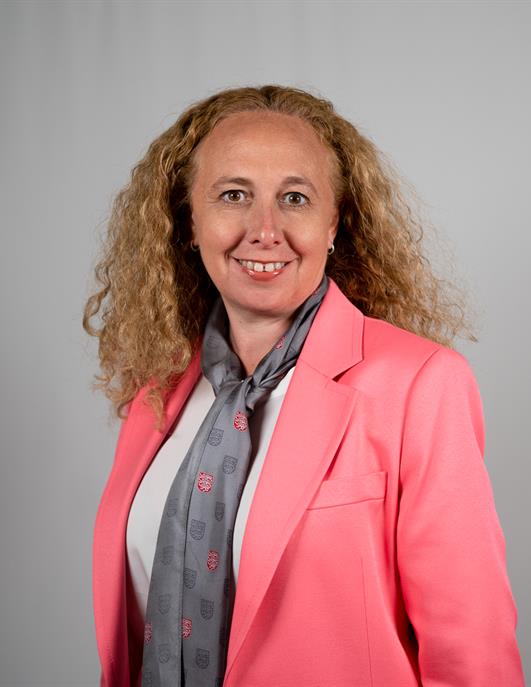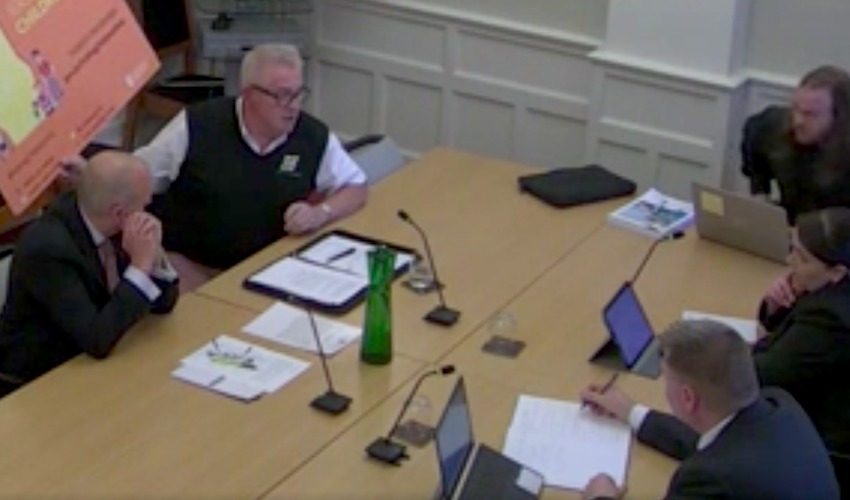


Children who have special educational needs, a record of poor performance, speak English as a second language, or have speech and language difficulties will be better supported, the Government has said, as it published a new funding formula for non-fee-paying schools.
How schools are funded by Government, included those who receive a grant or are supplemented by fees paid by parents, is a complicated affair which, for the last 15 or so years, has been underpinned by a methodology based on a ‘Average Weighted Pupil Unit’.
But schools increasingly argued that this formula failed to reflect the needs of children and there needs to be a new way of allocating taxpayers’ funds.
The Government say that the new funding formula, while still complex, is simpler to understand and will put more focus on the context of each school.
“It also says that schools will get more money and it has increased funding by £8m in the 2023 Government Plan, which includes £2m to fund greater inclusion of pupils with additional needs.

Pictured: Education Minister Inna Gardiner.
Education Minister Inna Gardiner said: “Teachers and headteachers have told us that the current formula is too complicated, too outdated, and often leads to additional requests for funding.
“This is the first time that we have published the school funding formula, to share with Islanders how we use our financial resources to best support children and young people.
“I hope that this increased transparency will allow us to have productive conversations with stakeholders - including schools - about how we can keep refining this formula to give all children the best outcomes.”
“This has been a complex process, especially given that we are transitioning between two approaches. I’d like to thank the officers who have spent the last 12 months working on this, and my predecessor, Deputy Scott Wickenden.”
Deputy Gardiner added that money had already been allocated to schools for 2023, subject to approval of the Government Plan, which meant that officers would be able to tweak the formula over the year. The first proposed formula will be released in the first quarter of next year.
Coming up with a new formula was a recommendation of an ‘Independent School Funding Review’ which was published in 2020.
Pictured: Fee-paying schools such as Victoria College will continue to be funded by the old formula until new options are presented next year.
The ISFR also recommended changing the relationship between Government and fee-paying schools. This recommendation, among others, is being considered as part of a wider range of policy options and is not the focus of the funding formula project.
However, the report setting out the new formula does address the issue:
“Work considering these options was initiated to inform the incoming Ministerial team and will be presented in 2023,” it says.
“Until the future basis of this relationship is established through policy development work, these schools will continue to be funded using the AWPU methodology.
“Some adjustments have been made, for example there has been a reduction in the occupancy charges for fee-charging schools, conditional on this reduction being invested in enhanced provision for mental health and wellbeing.
“Notwithstanding this position these schools retain discretion to raise funds through changes in fees either directly (grant funded) or through annual proposals to the Minister for Children and Education (fee-charging provided schools).”
Last October, Haute Vallée school governors handed back a poster with the Government’s ‘putting child first’ pledge on it because, they said, non-fee-paying schools were being grossly underfunded by £23m.

Pictured: Haute Vallée governors hand back a 'putting children first' sign in protest at what they described as "gross underfunding" of schools.
Describing their school as "slashed to the bone", they claimed that, under the current funding formula, there was little money left to buy schoolbooks and stationary for the students, and that it was regularly having to resort to using scrap paper "to save as much money as they can."
The following month, former Education Scrutiny Panel Chair Deputy Rob Ward made a statement in the Assembly to express his disappointment that details of the new funding formula had not been made available to his panel then.
Comments
Comments on this story express the views of the commentator only, not Bailiwick Publishing. We are unable to guarantee the accuracy of any of those comments.